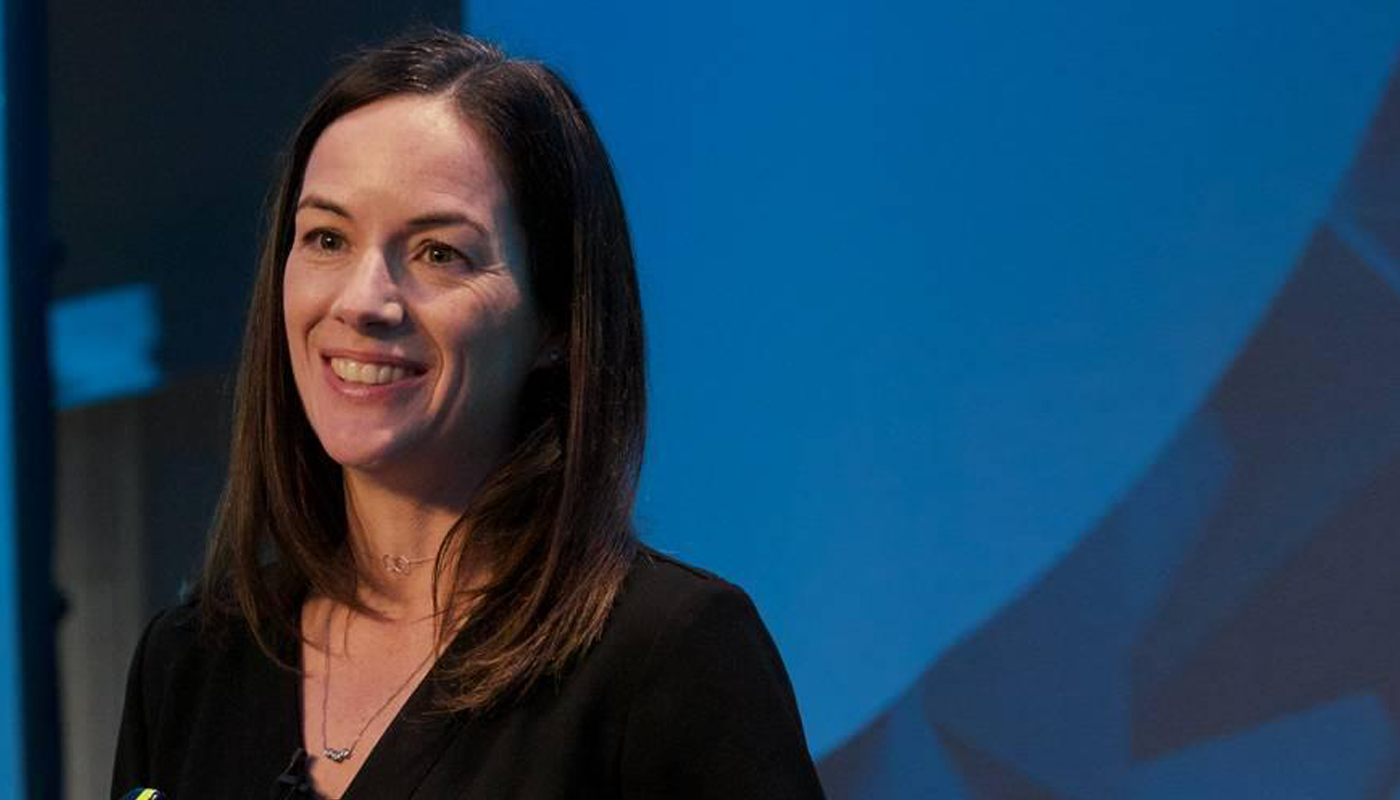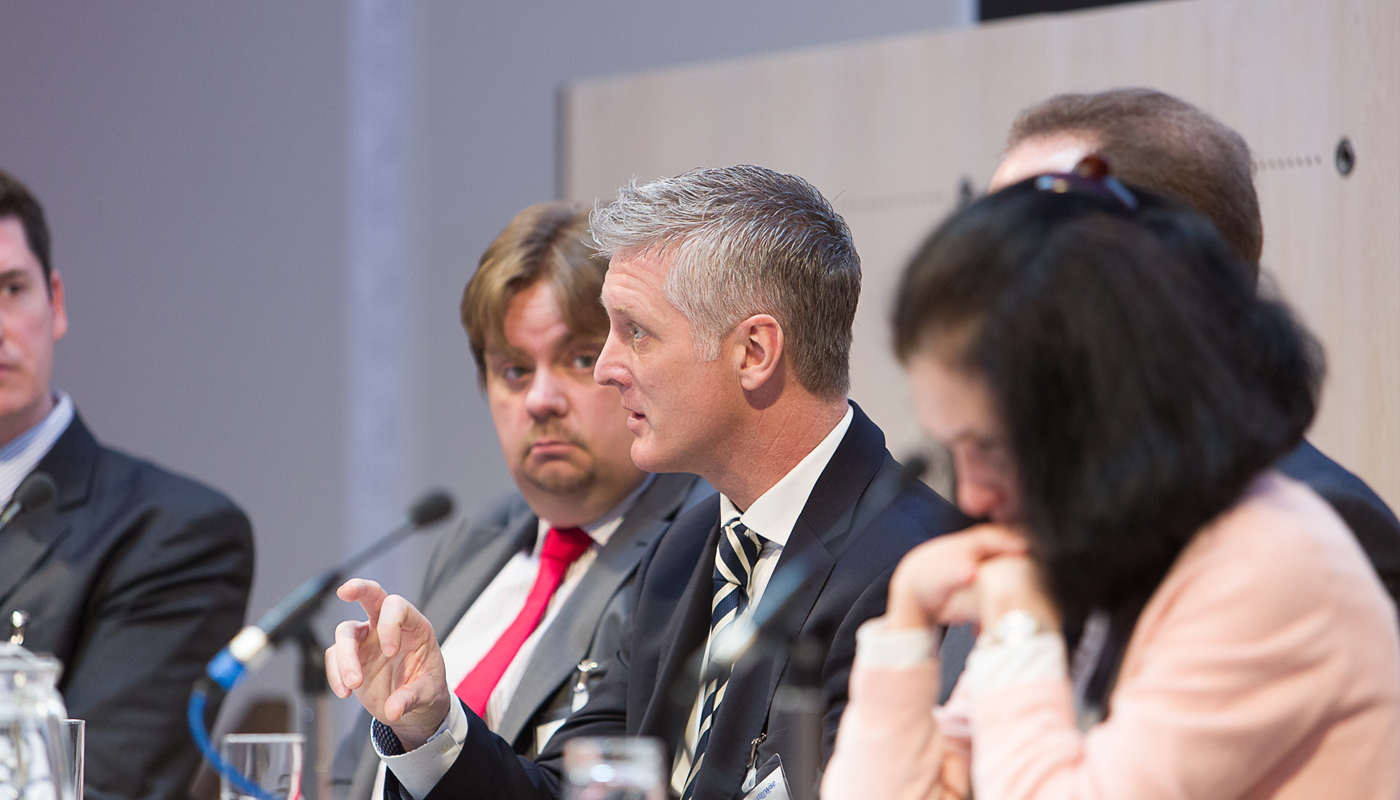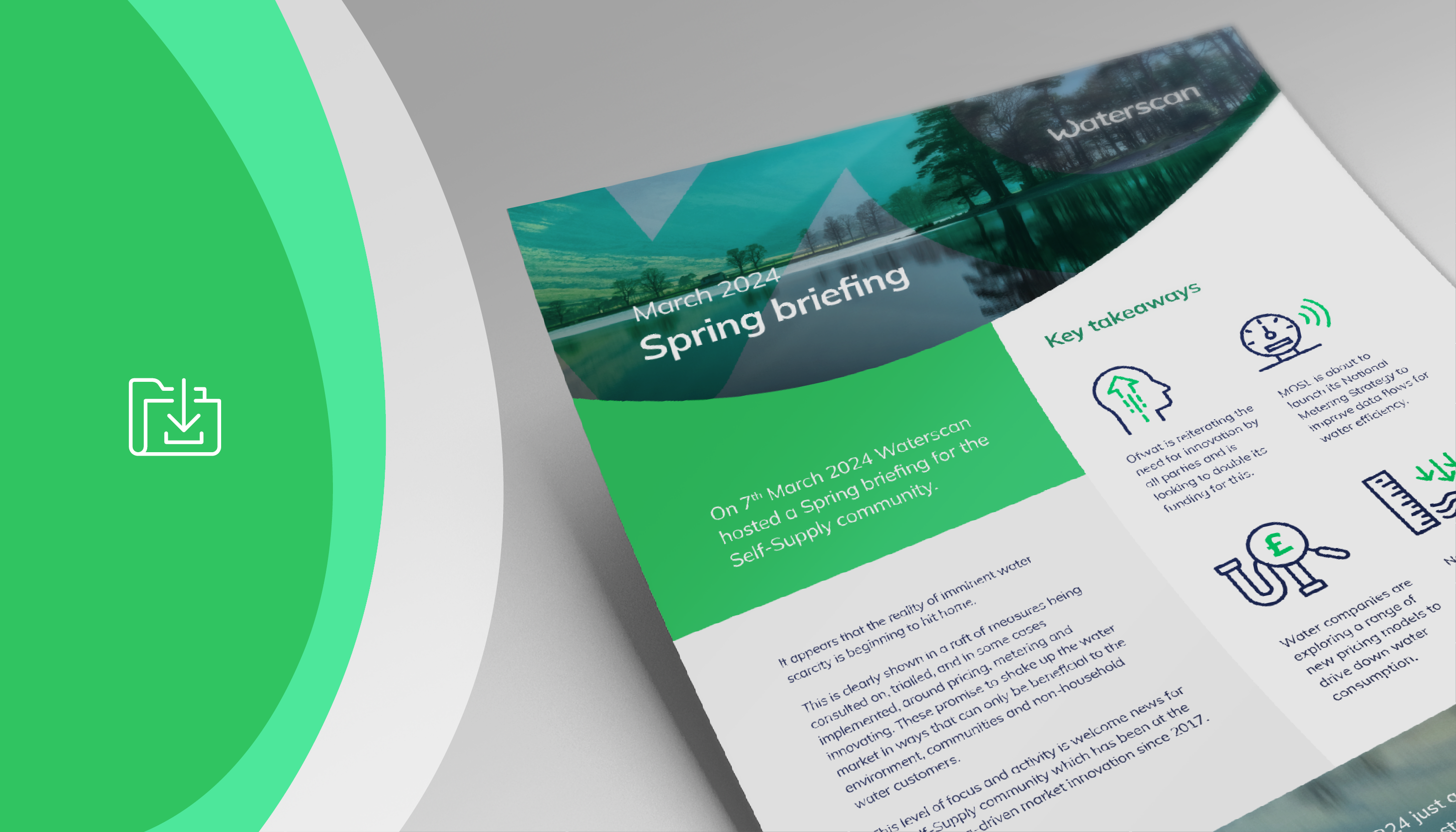The Self-Supply community convened for its final session of 2022 on Thursday 1st December.
Ofwat, MOSL, the Strategic Panel, and the Environment Agency presented to the group and leading high street retailer, Boots was welcomed to the Forum following its application to Self-Supply.
The session reflected on market progress, leading to a suggestion that if it weren’t for the drive, creativity and achievements of the Self-Supply community, ideas for improvement across the rest of the market may be drying up.
Mirena Hadzhigenov, Senior Associate at Ofwat presented high level findings from the industry regulator’s fifth State of the Market Report. She indicated that overall customer awareness, engagement and satisfaction were broadly unchanged since the last reporting cycle, and that impediments to progress remain threefold: data quality, Wholesaler performance and Wholesale-Retail interactions. While acknowledging that Self-Supply market data could not be further improved (Self-Supply’s rolling 12-month average market performance score of 99% is as close to perfect as it can get), she stressed that Ofwat would be urging all other market participants to drive progress on these matters.
Meeting Chair, Neil Pendle, agreed that customers experience vastly inconsistent service from Wholesalers and that this gap needs to be closed. “Great things are being achieved in areas where Wholesalers are engaged and collaborating with customers and other stakeholders, but this is not universal. Currently, one in five bilateral jobs are not being completed by Wholesalers in line with service level agreements. Incentives to improve performance are now critical,” he remarked.
Karma Loveday, Editor at The Water Report and Water Advisor to Major Energy Users Council, gave her independent view, suggesting that, with the exception of Self-Supply, the water market presents a static, uninspiring picture. She highlighted that UK businesses simply want high quality basics (accurate bills, reliable and frequent meter reads, service on a par with comparable industries) above all else.
Karma questioned why the market wasn’t driving improvement more quickly despite efforts to do so and concluded that there are underlying structural issues causing inefficiency. “There are key opportunities on the horizon to fix these issues, such as the Price Review 24 and the Retail Exit Code review, but are we being brave enough?” she asked.
She noted that business customers are an integral part of the picture since they use one third of our water supplies. Yet, they may not realise that they are facing a near perfect storm: a water deficit of over 4,000 million litres a day by 2050, incoming quality targets, and new green expectations and cost pressures. This is all at a time when trust in the water sector is at an all-time low according to a recent survey which found that 63% of those working in the sector considered its reputation to be worse than ever before.
Looking ahead, Steve Formoy, Finance Director at MOSL updated the forum on the market operator’s 2023/24 business plan and how activities are to be prioritised to address market frictions. He highlighted market performance framework reform, a strategic metering programme and CMOS system modernisation as the three workflows with the strongest business case for the short term. As independent trading parties, all Self-Supply customers have an opportunity to consult and vote on this plan and help shape the market for the benefit of all business customers.
Responding to these presentations, Trisha McAuley, Head of The Strategic Panel stated that the focus needs to be on what all parties are going to do about making the market more inspiring to engage with. “Switching is just a metric, it’s not an outcome,” she commented. The Panel wants to see ways to encourage more people into the market and to enable those trading parties that offer good service, to thrive. Further, she advised that the Panel wants to shift the dial on water efficiency, and that this will all be about collaboration.
Market matters aside, the Forum was keen to hear from the Environment Agency’s Environment and Business Water Resources Manager, Stuart Sampson on the UK’s drought status and how the EA is planning for long-term water resilience.
Stuart revealed the extent of the extreme water stress that the UK faces, both now and in the longer term. He said: “The 2022 drought has heightened focus on water resource resilience. This year, groundwater offered a slight buffer, but reservoirs and river flows were very low leading to 19 million people having a temporary use ban imposed. The EA worked hard to protect fish stocks and help farmers to access water without creating further damage on the environment during this time, but there are a lot of lessons to be learned from what happened here in the summer of 2022.
“It is unprecedented for the UK to be going into winter with temporary use bans still in place and if the winter is a dry one, issues around water stress can be expected into next summer. Further, pressures will exacerbate as the UK transitions towards a hydrogen economy and embraces new carbon capture and storage principles,” he said.
Barry Millar, Operations Director at Waterscan questioned whether the proposed national target to reduce non-household water consumption by 9% was sufficiently ambitious.
“Businesses achieve anything up to 15% water efficiency within the first twelve months of switching to Self-Supply, so we question whether 9% is going to be enough of a target to make a difference.
Waterscan and the Self-Supply community must not only continue to lead the market in water efficiency and innovation in the face of water scarcity but work to bring the rest of the market with us on this journey. With over 22,000 supply points in the Self-Supply market, it’s time to scale and accelerate water efficiency activities,” he commented.
A full meeting report can be found here.




